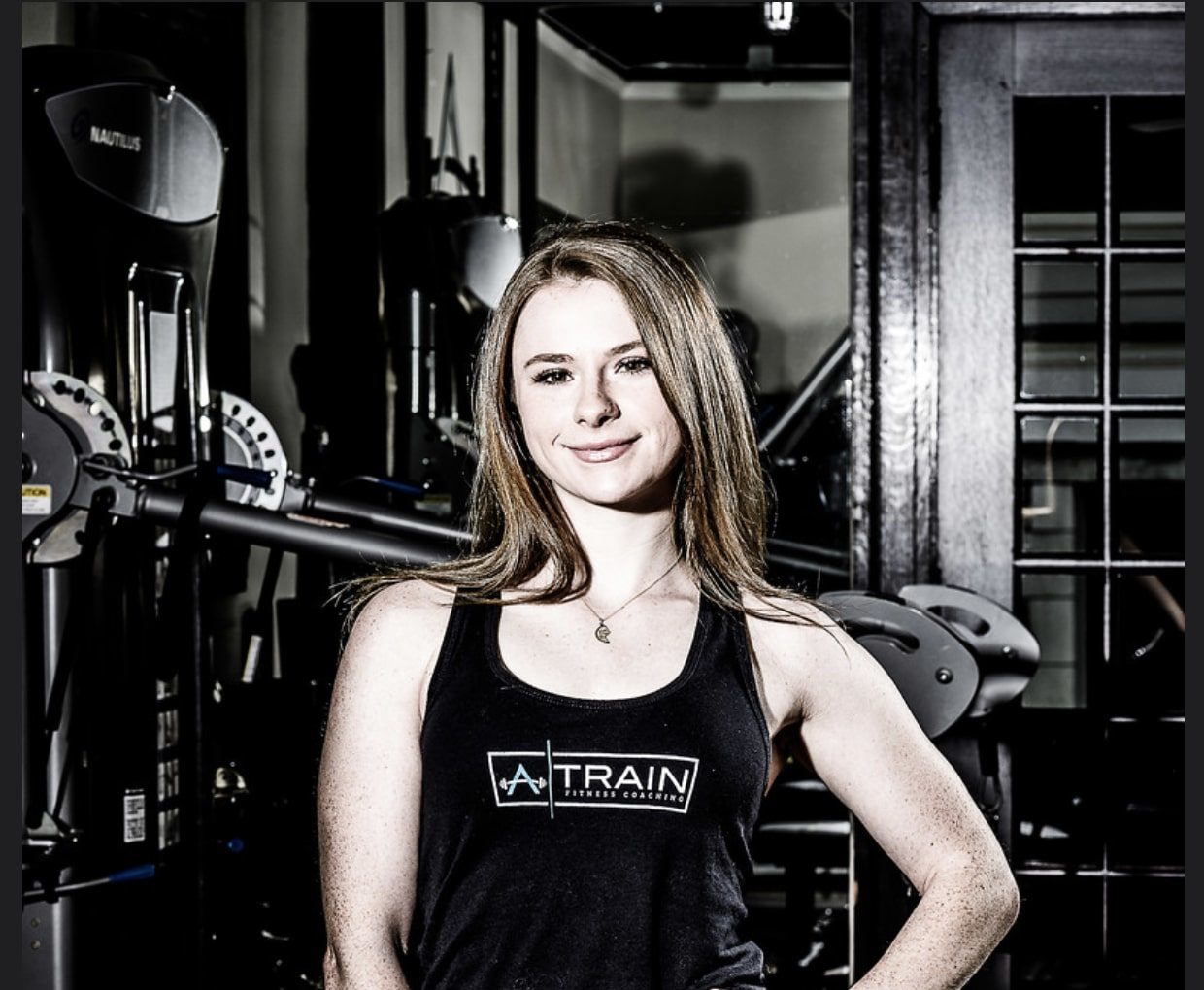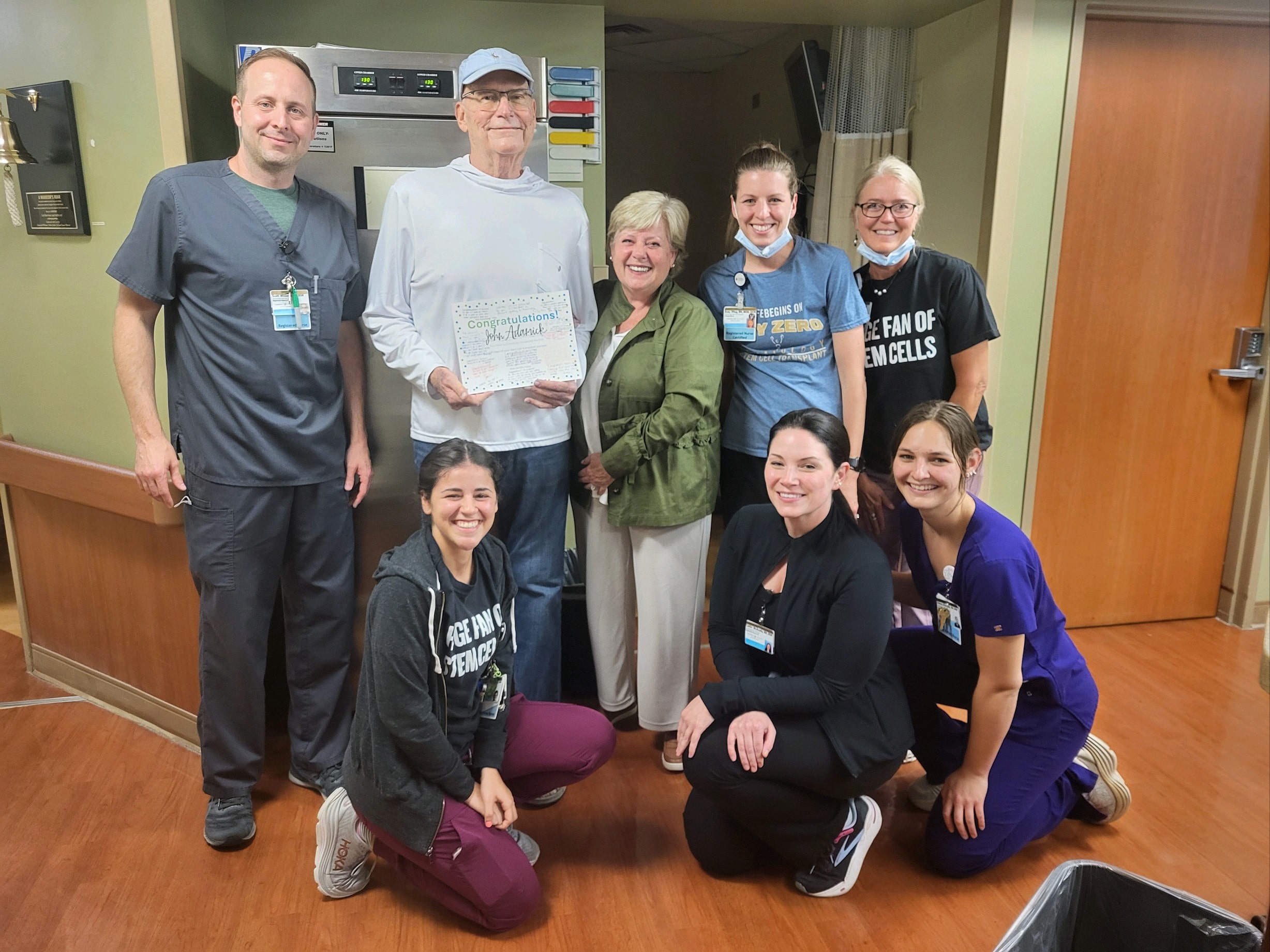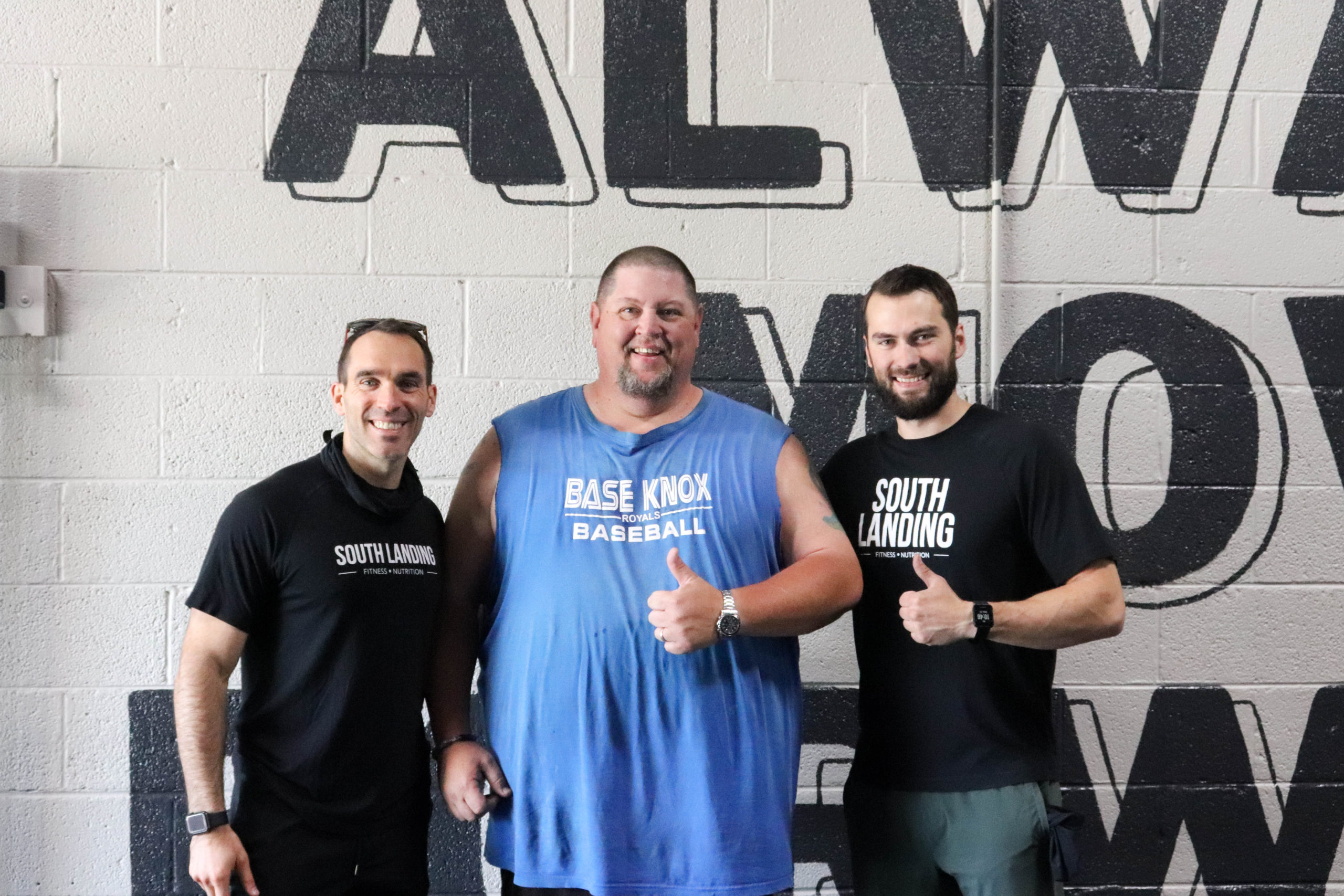Many fitness professionals are inspired by the mission of Survivor Fitness, and our partners often describe how they were immediately drawn to the organization.
Carrie Loughlin is one such partner—someone who witnessed the program’s impact firsthand before stepping into a training role herself. Today, she is a compassionate and dedicated trainer who has guided numerous participants on their journey to regaining strength and confidence after cancer treatment.
Carrie was first introduced to Survivor Fitness through A|Train Fitness Coaching, where she began working as an intern in 2021 while attending PT school at Belmont University. During her internship, she had the opportunity to observe all aspects of the program while shadowing experienced trainers. After earning her certification, she immediately started earning an advanced qualification as a Cancer Exercise Specialist. To date, Carrie has trained over 30 Survivor Fitness participants through the fitness program.
Tailored Training + Continued Support = Lasting Impact
Working with Survivor Fitness participants has given Carrie the opportunity to train clients with diverse cancer diagnoses, treatments, and physical challenges. This experience has not only expanded her knowledge of tailored training techniques but has also deepened her empathy for the unique journey each survivor faces.
“I’m personally inspired by the transformative impact fitness can have on participants,” Carrie says. “Each individual faces unique challenges, but the ultimate goal is to help them return to or surpass their pre-diagnosis health and fitness level.”
This blend of personalized coaching and ongoing support is what Carrie loves most about her role.
“My favorite part of working with participants is the opportunity to meet diverse individuals and hear their unique life stories and experiences,” she shares.
One of her most memorable experiences involved a participant named Carol, who struggled with balance and mobility after surgery. Before training with Carrie, Carol relied on others or nearby objects to stand up if she fell, a limitation that impacted her independence, ability to work and quality of life.
“After weeks of focusing on strength and balance and with a little creative thinking, Carol was able to get up off of the floor on her own!” Carrie says proudly.
Beyond one-on-one training, Carrie also enjoys leading Survivor Fitness group classes, where both past and present participants can come together in a supportive and uplifting environment.
Fitness for Life: Why Consistency and Adaptability Are Key
As a Cancer Exercise Specialist, Carrie has learned that two essential aspects of the recovery journey are consistency and access to personalized fitness strategies tailored to each survivor’s unique needs.
“One of the most important things a cancer survivor should know is that while new challenges may arise in strength and fitness training, there is always a modification or alternative approach to help achieve any goal they set!” she advises.
She also emphasizes the importance of fostering sustainable lifestyle changes, encouraging participants to focus on long-term health and well-being.
“Life’s challenges will ebb and flow, sometimes making it harder to prioritize strength and fitness training. Even when methods need to change, it’s essential to find ways to incorporate fitness into life’s transitions,” she explains.
Taking the First Step Toward Healing
When asked what advice she’d give to cancer survivors who are hesitant about starting a program like Survivor Fitness, Carrie offers a simple but powerful message:
“Taking that first step back into fitness after cancer treatment can feel intimidating, but take the leap! This program is tailored to each participant, with your trainer meeting you where you are and providing the support and guidance you need to achieve your goals.”
We are grateful for Carrie’s dedication, expertise, and genuine care for Survivor Fitness participants. If you are a cancer survivor looking to regain strength, stamina, or an overall sense of well-being after treatment, we invite you to learn more about our programs or apply today.
We’re always looking for an additional physical fitness trainer who wants to partner with us and help survivors on their recovery journey. Reach out to our team to learn how you can get started.


